
An Introduction to Zoonoses and Vectorborne Diseases and their Drivers
Why are zoonoses and vectorborne diseases increasing?

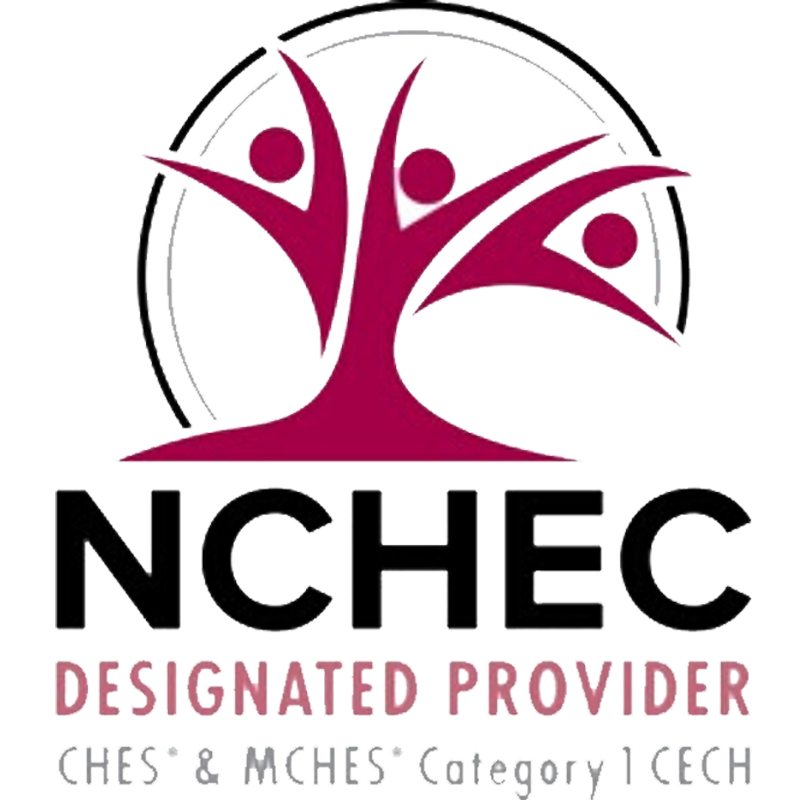
Course Information
- Audience: Public health professionals, veterinarians, human health clinicians, environmental scientists, students, and others interested in zoonotic and vectorborne diseases
- Format: Recorded screencasts, available on demand
- Price: Free
- Length: 4 screencasts, 30 minutes each (2 hours total)
- Credential(s) eligible for contact hours:
Sponsored by New England Public Health Training Center (NEPHTC), a designated provider of continuing education contact hours (CECH) in health education by the National Commission for Health Education Credentialing, Inc. This program is designated for Certified Health Education Specialists (CHES) and/or Master Certified Health Education Specialists (MCHES) to receive up to 1 total Category I continuing education contact hour. Maximum advanced-level continuing education contact hour is 1. Provider ID: 1131137 Event ID: SS1131137_12152020 .
If you are not seeking a CHES/MCHES contact hours, if you complete the post-test and evaluation, you will receive a Certificate of Completion. The Certificate will include the length of the course. - Competencies: Public Health Sciences Skills
- Learning Level: Awareness
- Companion trainings: An Introduction to One Health
- Pre-requisites: None
- Technical Requirements: This training was created with Articulate Storyline. Please refer to the Articulate 360 System Specifications to ensure your system meets the minimum requirements for viewing.
About this course
In the first of four screencasts the public health practitioner is introduced to zoonoses and vectorborne diseases and how they differ from other infectious diseases. In subsequent screencasts, the factors (drivers) that influence zoonoses and vectorborne disease are explained, including human systems, human-animal-environment interaction, and environmental change. Multiple disease-specific examples are provided, including COVID-19.
Zoonotic diseases are those that can be passed between humans and other vertebrate animals and vectorborne disease are those that are transmitted by an arthropod vector like a flea or tick. Because non-human animals serve as a disease reservoir or vector, disease prevention and control strategies differ from other infectious diseases. More than half, an estimated 60%, of all the kinds of infections that people can get are zoonotic and 75% of emerging infectious diseases, including COVID-19, are zoonotic. There are many human-driven factors that influence zoonotic disease emergence and re-emergence. These drivers include infrastructure, travel and trade, culture, agricultural intensification, interaction with domestic and wild animals, climate change, land use, and biodiversity. In this series of four screencasts, you will be introduced to zoonotic and vectorborne diseases and their drivers.
What you'll learn
After completing this course, you will be able to...
Introduction to Zoonoses and Vectorborne Diseases
- Define zoonoses, vectorborne diseases, emerging zoonotic diseases, reverse zoonoses, reservoir host, amplification, dead-end host, and spillover
- List key drivers of zoonotic and vectorborne diseases
- Describe how the following disease prevention and control tools differ for zoonotic and vectorborne diseases: education, surveillance, vector control, diagnostics, outbreak investigation, host identification, and vaccination
- Define One Health and explain why this approach is useful for addressing zoonotic and vector-borne diseases
Drivers of Zoonotic Diseases: Human Systems
- List key drivers of zoonotic and vectorborne diseases related to human systems and culture
- Provide examples of how infrastructure influences zoonotic and vectorborne diseases
- Provide examples of zoonotic and vectorborne diseases that have emerged as a result of human travel and trade
- Provide examples of how culture impacts zoonotic and vectorborne disease
Drivers of Zoonotic Diseases: Human-animal-environment Interactions
- List key drivers of zoonotic and vectorborne disease related to human-animal interactions
- Provide examples of diseases that can be spread from pets and livestock to people
- Explain how agricultural systems influence zoonotic and vectorborne diseases
- Provide examples of zoonotic and vectorborne diseases that can result from human or domestic animal interaction with wildlife
Drivers of Zoonotic Diseases: Environmental Change
- List three key environmental drivers that impact zoonotic and vectorborne disease
- Provide examples of zoonotic and vectorborne disease influenced by weather and climate
- Explain how land use and ecosystem disruption can impact zoonotic and vectorborne diseases
- Explain how biodiversity can impact zoonotic and vectorborne diseases
Subject Matter Expert
-

Lynn Zanradi Blevins
Lynn Zanradi Blevins has been practicing public health in government and academic settings for 20 years in the areas of infectious disease, environmental health, emergency preparedness, and One Health (human-animal-environmental health).
Enrollment and Contact Hours
Select the Enroll button below to register for the course. If you have any trouble accessing the course, contact support@nephtc.org.
Acknowledgement:
This project is/was supported by the Health Resources and Services Administration (HRSA) of the U.S. Department of Health and Human Services (HHS) under grant number UB6HP31685 “Regional Public Health Training Center Program.” This information or content and conclusions are those of the author and should not be construed as the official position or policy of, nor should any endorsements be inferred by HRSA, HHS or the U.S. Government.
* Yale School of Public Health, Office of Public Health Practice, a New England Public Health Training Center partner, is a designated provider of continuing education contact hours (CECH) in health education by the National Commission for Health Education Credentialing, Inc. All CHES credit inquiries are managed by YSPH
CDC’s Summary of Infection Prevention Practices in Dental Settings: Basic Expectations for Safe Care

CDC’s Summary of Infection Prevention Practices in Dental Settings: Basic Expectations for Safe Care
How can I work with my team to improve infection control in my dental health care setting?

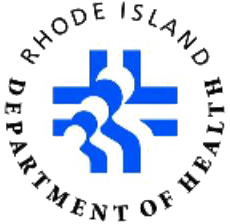
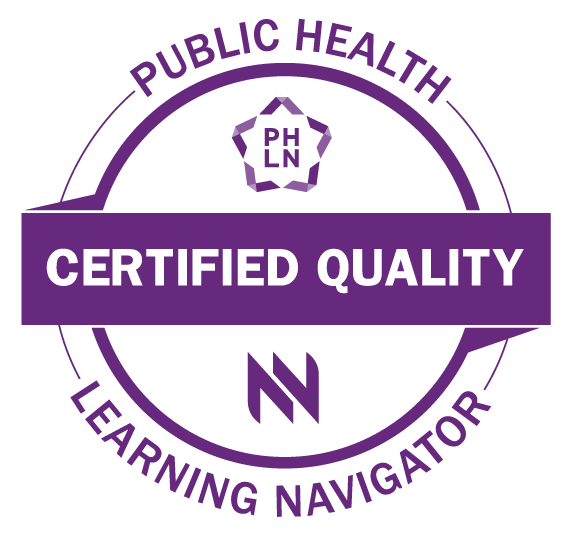
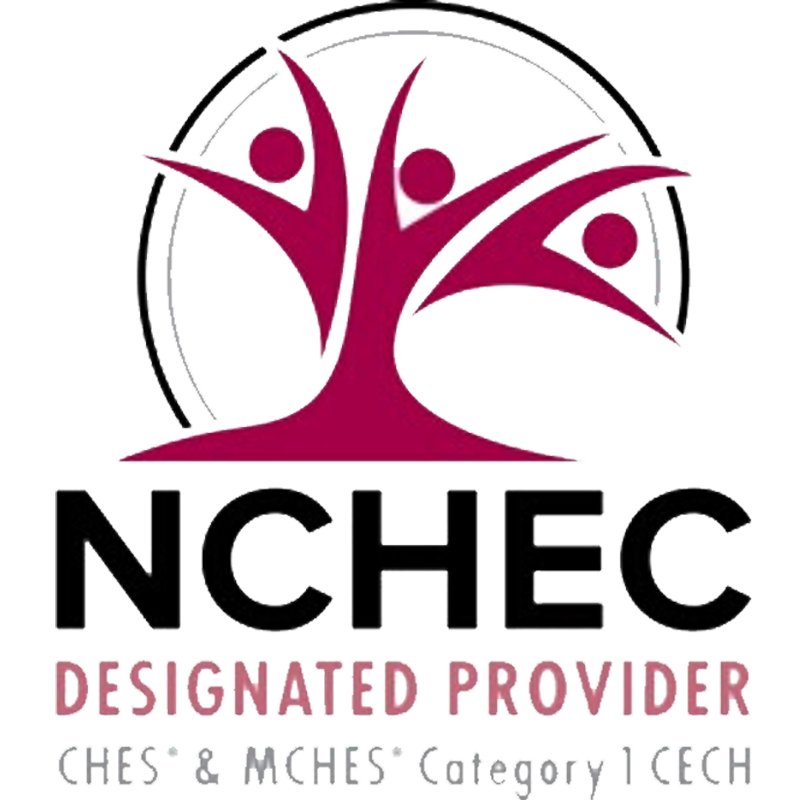
Course Information
- Audience: Dental health care personnel and administrative staff
- Format: Online Self-paced
- Price: Free
- Length: 10-part series, approximately 3.5 hours to complete
- Credential(s) eligible for contact hours: Sponsored by New England Public Health Training Center (NEPHTC), a designated provider of continuing education contact hours (CECH) in health education by the National Commission for Health Education Credentialing, Inc. This program is designated for Certified Health Education Specialists (CHES) and/or Master Certified Health Education Specialists (MCHES) to receive up to 1 total Category I continuing education contact hours. Maximum advanced-level continuing education contact hours are 1. Provider ID: 1131137 Event ID: SS1131137_CDCSIPP.
If you are not seeking CHES/MCHES contact hours, if you complete the evaluation, you will receive a Certificate of Completion. The Certificate will include the length of the course. - Credential(s) eligible for contact hours: Certificate of completion
VT: 3.5 Dental CEUsRhode Island: 3.5 Dental CEUs
- Competencies: Public Health Sciences Skills, Leadership and Systems Thinking Skills, Data Analytics and Assessment Skills
- Learning Level: Performance
- Companion Trainings:
- Supplemental materials: CDC Power Points of Basic Expectations for Safe Care Training
- Pre-requisites: Infection Prevention series for non-clinical staff
About this course
This 10 module training series covers the basic principles of infection prevention and control that form the basis for CDC recommendations for dental health care settings.
The training was recorded with an audience of dental professionals in Vermont on June 10th 2019. Adhering to the CDC script, presenter comments are excluded.
Vermont and Rhode Island dental health care personnel and administrative staff have a new option for learning about infection control in a dental practice setting! This 10 module series takes approximately 3.5 hours to complete and is based on the CDC's Basic Expectations for Safe Care training modules. This free course has been approved for 3.5 CE credits by both the RI and VT Boards of Dental Examiners.
CDC citation:
Centers for Disease Control and Prevention. .Summary of Infection Prevention Practices in Dental Settings: Basic Expectations for Safe Care. Atlanta, GA: Centers for Disease Control and Prevention, US Dept of Health and Human Services;
October 2016.
Adapted from: Guide to Infection Prevention for Outpatient Settings: Minimum Expectations for Safe Care
What you'll learn
After completing this course, you will be able to...
- Provide basic infection prevention principles and recommendations for dental health care settings.
- Reaffirm standard precautions as the foundation for preventing transmission of infectious agents during patient care in all dental health care settings.
- Access links to full guidelines and source documents that can be referenced for more detailed background information and recommendations.
-
Kathy J. Eklund
Director of Occupational Health and Safety, RDH MHP
Subject Matter Expert
Ms. Eklund is the Director of Occupational Health and Safety, and the Forsyth Research Subject and Patient Safety Advocate at The Forsyth Institute. She is adjunct faculty at Regis College, Dental Hygiene Program where she teaches senior level courses in Oral Health Research and Evidence-Based Decision Making. Ms. Eklund serves as faculty for the New England AIDS Education and Training Center and HIVdent.org. She is a member and 2017-2019 Chair of the Organization for Safety Asepsis and Prevention (OSAP) Board of Directors. Ms. Eklund is a consultant to the ADA Council on Dental Practice.
Enrollment and Contact Hours
The Certificate of Completion will include the length of the module. Contact hours may be applicable towards continuing education requirements for certain credentials. Check with your credentialing body to verify if the topic meets its continuing education requirements.
Having trouble accessing the course? Contact support@nephtc.org

Food Safety for Food Establishment Operators
What are food hazards and how can we protect the public from them?
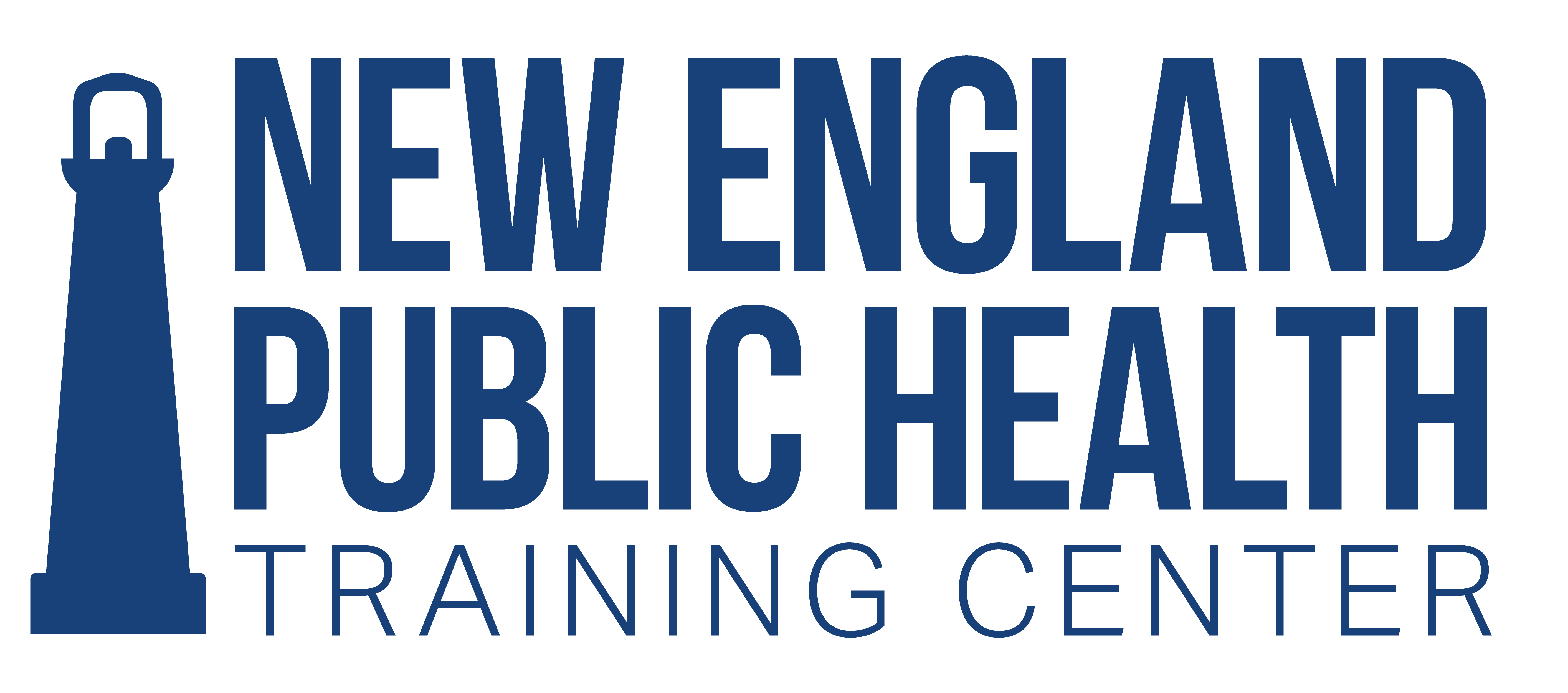
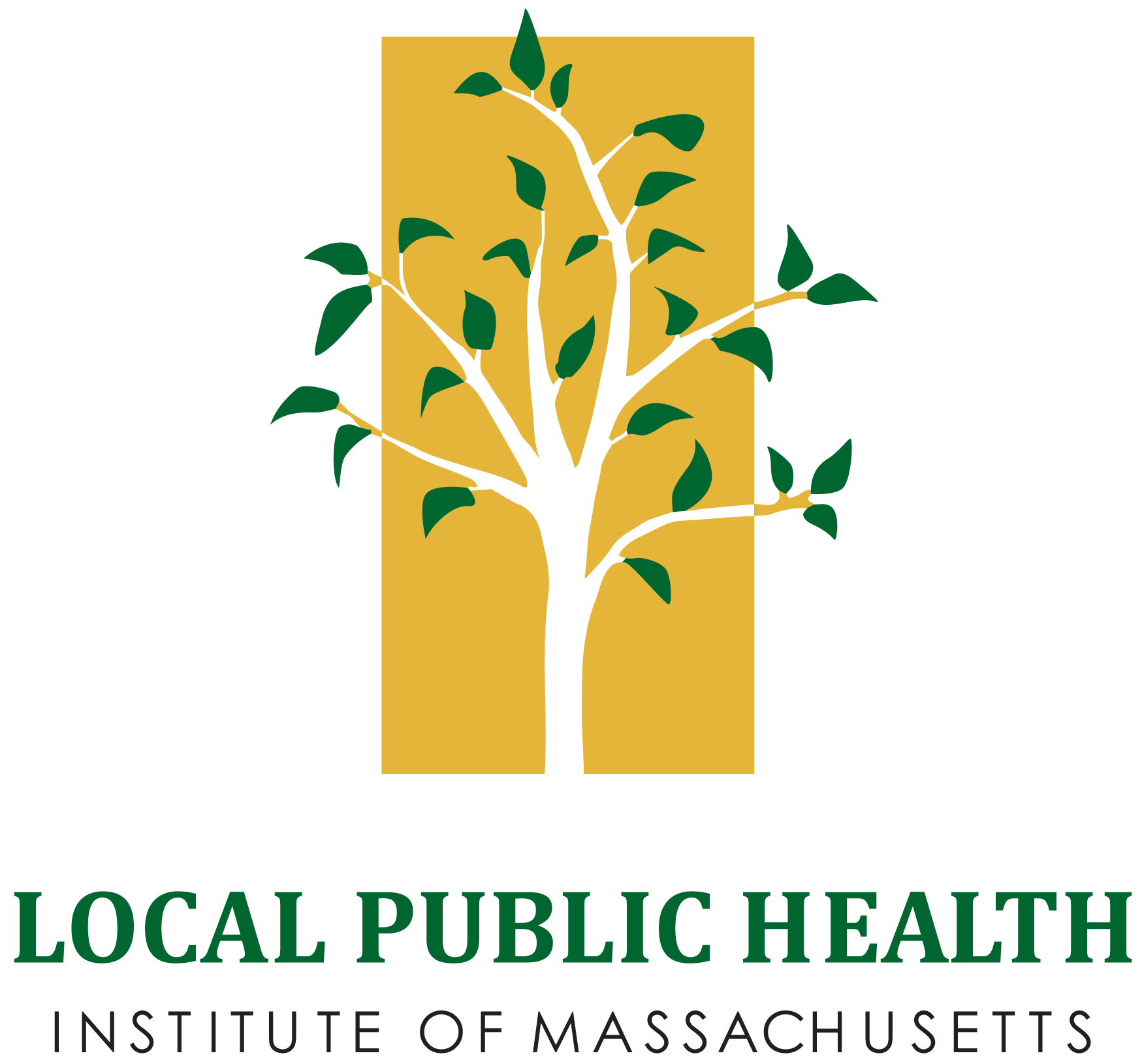

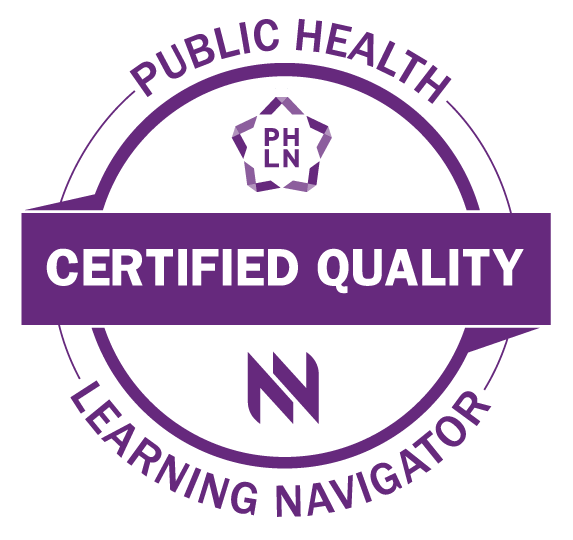
Course Information
- Audience: Massachusetts retail food establishment operators and employees.
- Format: Self-paced
- Price: Free
- Length: 2 hours
- Credential(s) eligible for contact hours:
Sponsored by New England Public Health Training Center (NEPHTC), a designated provider of continuing education contact hours (CECH) in health education by the National Commission for Health Education Credentialing, Inc. This program is designated for Certified Health Education Specialists (CHES) and/or Master Certified Health Education Specialists (MCHES) to receive up to 2 total Category I continuing education contact hour. Maximum advanced-level continuing education contact hour is 2. Provider ID: 1131137 Event ID: SS1131137_FSFEO.
If you are not seeking a CHES/MCHES contact hours, if you complete the post-test and evaluation, you will receive a Certificate of Completion. The Certificate will include the length of the course. - Competencies: Public Health Sciences Skills
- Learning Level: Awareness
- Companion trainings: None
- Pre-requisites: None
- Technical Requirements: This webinar was created with Articulate Rise. Please refer to the Articulate 360 System Specifications to ensure your system meets the minimum requirements for viewing.
About this course
Although the United States has one of the safest food supplies in the world, foodborne illness still poses a major risk to the population. In Massachusetts, the local board of health or the local health department (called LBOH for this training) grant permits and conduct inspections of retail food establishments to ensure their compliance with food regulations and statutes. Retail food operators and employees are on the front line of food safety and are responsible for following safe food practices. They work together as partners with members of LBOH to provide safe food to consumers. This training will provide food safety information to food operators (permit holders and employees) whose food establishments are governed by State Sanitary Code 105 CMR 590.000, Chapter X - Minimum Sanitation Standards for Food Establishments.
What you'll learn
After completing this course, you will be able to...
- Define a food establishment according to 105 CMR 590.000 (590)
- Give examples of each category of food hazard
- Summarize the six conditions that allow pathogens to grow
- Identify five risk factors that contribute to foodborne illness, five control measures, and six good retail practice measures
- Name the regulations that govern food establishments and eight retail food processes that require a HACCP plan
- Describe a routine LBOH inspection
- Name three things that spores need to grow into mold
- Discuss three possible health impacts linked to indoor exposure to mold and one non-health impact of mold growth
- Detail the regulations that apply to mold, moisture, or water damage in certain types of housing
- List seven recommendations to prevent mold growth, and eight tips to effectively clean up mold
Subject Matter Experts
-

Diane Bernazzani
Retail Food Safety & Training CoordinatorMassachusetts Department of Public Health -

Kathleen MacVarish
Associate Professor of the Practice
Boston University School of Public Health
Enrollment and Contact Hours
Select the Enroll button below to register for the course. If you have any trouble accessing the course, contact support@nephtc.org.
Acknowledgement:
Acknowledgement: This project is supported by the Health Resources and Services Administration (HRSA) of the U.S. Department of Health and Human Services (HHS) as part of award 2 UB6HP31685‐05‐00 “Public Health Training Centers.” The contents are those of the author(s) and do not necessarily represent the official views of, nor an endorsement, by HRSA, HHS or the U.S. Government.
* Yale School of Public Health, Office of Public Health Practice, a New England Public Health Training Center partner, is a designated provider of continuing education contact hours (CECH) in health education by the National Commission for Health Education Credentialing, Inc. All CHES credit inquiries are managed by YSPH

Foundations of Infection Prevention in the Ambulatory Care Setting
What is the basic science that underlies infection prevention? Learn about how bacteria and viruses are spread and how you can prevent disease transmission?
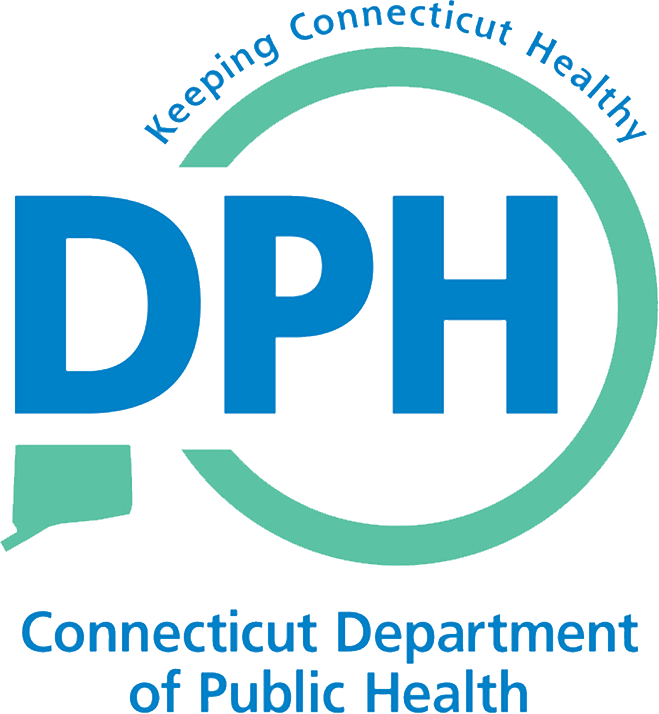
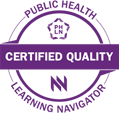

Enroll
Course Information
- Audience: Designed for ambulatory care settings, such as primary care clinics and doctor's offices. Intended audiences are administrative and clerical staff; non-licensed clinical staff; non- clinical staff; facilities staff and volunteers
- Format: Self-paced
- Price: Free
- Length: 30 Minutes
- Credential(s) eligible for contact hours: Sponsored by New England Public Health Training Center (NEPHTC), a designated provider of continuing education contact hours (CECH) in health education by the National Commission for Health Education Credentialing, Inc. This program is designated for Certified Health Education Specialists (CHES) and/or Master Certified Health Education Specialists (MCHES) to receive up to 1 total Category I continuing education contact hours. Maximum advanced-level continuing education contact hours are 1. Provider ID: 1131137 Event ID: SS1131137_BIPF.
If you are not seeking CHES/MCHES contact hours, if you complete the evaluation, you will receive a Certificate of Completion. The Certificate will include the length of the course. - Competencies: Public Health Sciences Skills
- Learning Level: Awareness
-
Companion Trainings
- Standard Precautions in the Ambulatory Care Setting: The Basics of Hand Hygiene
- Standard Precautions in the Ambulatory Care Setting: Safe Cough Practices
- Standard Precautions in the Ambulatory Care Setting: Personal Protective Equipment and Safe Surfaces
- Transmission-Based Precautions in the Ambulatory Care Setting
- Supplemental materials: None
- Pre-requisites: None
About this course
This course provides an overview of basic principles of infection transmission and the role of healthcare staff in preventing the spread of infections to themselves, colleagues and patients. It contains non-graded knowledge checks so learners can interact with the content. The course may be taken in more than one sitting.
What you'll learn
After completing this course, you will be able to...
- Explain the basic modes of infection transmission
- Recall the differences between bacteria and viruses
- Recognize the three basic transmission principles
- Recognize common ways diseases are spread
- Recognize common signs of active infection
- Recognize the three stages of an infection
- Describe your role in preventing infection transmission
- Recall at least three ways you or others can prevent disease transmission
- Recognize the importance of teamwork in infection prevent in healthcare settings
-

Louise-Marie Dembry
MD, FACP, MS, MBAProfessor of Medicine
and Epidemiology
Director, Hospital Epidemiology
VA CT Healthcare System -

David B. Banach,
MD, MPHAssistant Professor of Medicine, Head of Infection
Prevention and Hospital
Epidemiologist
UConn Health
Enrollment and Contact Hours
The Certificate of Completion will include the length of the module. Generally 50 – 60 minutes is equivalent to 1 contact hour. Contact hours may be applicable towards continuing education requirements for certain credentials. Check with your credentialing body to verify if the topic meets its continuing education requirements.
Having trouble accessing the course? Contact support@nephtc.org
Acknowledgement:
This project is/was supported by the Health Resources and Services Administration (HRSA) of the U.S. Department of Health and Human Services (HHS) under grant number UB6HP27877 “Regional Public Health Training Center Program”. This information or content and conclusions are those of the author and should not be construed as the official position or policy of, nor should any endorsements be inferred by HRSA, HHS or the U.S. Government.

Infectious Diseases and Identities: Recognizing and Reducing Stigma in Public Health
How can expanding your understanding of infectious diseases reduce stigma and improve equitable public health outcomes?



Course Information
- Audience: Public Health Professionals, Public Health Nurses, Community Health Workers
- Format: Self-paced
- Price: Free
- Length: 1 hour
- Credential(s) eligible for contact hours:
Sponsored by New England Public Health Training Center (NEPHTC), a designated provider of continuing education contact hours (CECH) in health education by the National Commission for Health Education Credentialing, Inc. This program is designated for Certified Health Education Specialists (CHES) and/or Master Certified Health Education Specialists (MCHES) to receive up to 1 total Category I continuing education contact hour. Maximum advanced-level continuing education contact hour is 1. Provider ID: 1131137 Event ID: 08122020 .
If you are not seeking a CHES/MCHES contact hours, if you complete the post-test and evaluation, you will receive a Certificate of Completion. The Certificate will include the length of the course. - Competencies:
Policy Development/Program Planning Skills,
Communication Skills,
Cultural Competency Skills - Learning Level: Awareness
- Companion trainings: Mpox: A World Health Issue
- Pre-requisites: None
- Technical Requirements: None
- Supplemental Materials Reflection guide within course
About this course
This course offers a deep dive into the complex relationships between stigma, identities, and infectious diseases, exploring how language, and societal attitudes have shifted through time. You'll learn to recognize the impact of stigma not only on public health but also on individual practices, as people may avoid disclosure when they don’t feel accepted. Through an applied lens, this course will help you identify biases, challenge harmful messaging, and improve public health campaigns by fostering inclusivity.
Whether you aim to educate yourself or others, this course empowers you to be part of a movement towards more compassionate and effective health communication.
Learning objectives
After completing the training, you will be able to:
- Understand how stigma affects health behaviors and outcomes.
- Identify and address implicit biases in public health practices.
- Explore inclusive language for effective health messaging
- Develop strategies to foster inclusivity and reduce stigma.
Subject Matter Expert
-

Tom Carpino, MPH
Gordis Teaching Fellow, PhD Candidate,
Infectious Disease Epidemiology, John Hopkins University
Tom Carpino is a teaching fellow and PhD candidate in Infectious Disease Epidemiology at Johns Hopkins University and is supported by the National Institute of Allergies and Infectious Diseases (F31AI178878) to study the epidemiology of mpox in the US. He has a wide set of research interests which includes stigma, emerging infections and outbreaks, and STIs in diverse communities. He is a member of Hopkins’ Center for Public Health and Human Rights.
Prior to his PhD, he earned an MPH from Columbia University in biostatistics and was a co-investigator on several projects to study topics ranging from HIV and Covid-19 to health systems more broadly.
Enrollment and Contact Hours
Select the Enroll button below to register for the course. If you have any trouble accessing the course, contact support@nephtc.org.
Acknowledgement:
This project is/was supported by the Health Resources and Services Administration (HRSA) of the U.S. Department of Health and Human Services (HHS) under grant number UB6HP31685 “Regional Public Health Training Center Program.” This information or content and conclusions are those of the author and should not be construed as the official position or policy of, nor should any endorsements be inferred by HRSA, HHS or the U.S. Government.
* Yale School of Public Health, Office of Public Health Practice, a New England Public Health Training Center partner, is a designated provider of continuing education contact hours (CECH) in health education by the National Commission for Health Education Credentialing, Inc. All CHES credit inquiries are managed by YSPH
Standard Precautions in the Ambulatory Care Setting: Personal Protective Equipment and Safe Surfaces

Standard Precautions in the Ambulatory Care Setting: Personal Protective Equipment and Safe Surfaces
What is personal protective equipment (PPE)? What should you do if a surface may have been exposed to patient body fluids? Learn about different types of PPE and how to properly clean surfaces to protect yourself, your patients and your co-workers from infection transmission.


Enroll
Course Information
- Audience: Designed for ambulatory care settings, such as primary care clinics and doctor's offices. Intended audiences are administrative and clerical staff; non-licensed clinical staff; non- clinical staff; facilities staff and volunteers
- Format: Self-paced
- Price: Free
- Length: 20 Minutes
- Credential(s) eligible for contact hours: Sponsored by New England Public Health Training Center (NEPHTC), a designated provider of continuing education contact hours (CECH) in health education by the National Commission for Health Education Credentialing, Inc. This program is designated for Certified Health Education Specialists (CHES) and/or Master Certified Health Education Specialists (MCHES) to receive up to 1 total Category I continuing education contact hours. Maximum advanced-level continuing education contact hours are 1. Provider ID: 1131137 Event ID: SS1131137_BIPPPESS If you are not seeking CHES/MCHES contact hours, if you complete the evaluation, you will receive a Certificate of Completion. The Certificate will include the length of the course.
- Competencies: Public Health Sciences Skills
- Learning Level: Awareness
- Companion Trainings
- Supplemental materials: None
- Pre-requisites: None
About this course
This self-study course introduces learners to personal protective equipment (PPE) and safe surfaces, two components of Standard Precautions. After a quick review of Standard Precautions, this course provides an overview of types and use of PPE in the ambulatory setting and when and how to treat potentially contaminated surfaces. The course may be taken in more than one sitting.
What you'll learn
After completing this course, you will be able to...
- Recognize commonly used personal protective equipment
- Recall actions to take is a surface may have been exposed to patient body fluid
- Subject Matter Expert
-

David B. Banach
MD, MPHAssistant Professor of Medicine
Head of Infection Prevention
and Hospital Epidemiologist
UConn Health
Enrollment and Contact Hours
The Certificate of Completion will include the length of the module. Generally 50 – 60 minutes is equivalent to 1 contact hour. Contact hours may be applicable towards continuing education requirements for certain credentials. Check with your credentialing body to verify if the topic meets its continuing education requirements.
Having trouble accessing the course? Contact support@nephtc.org
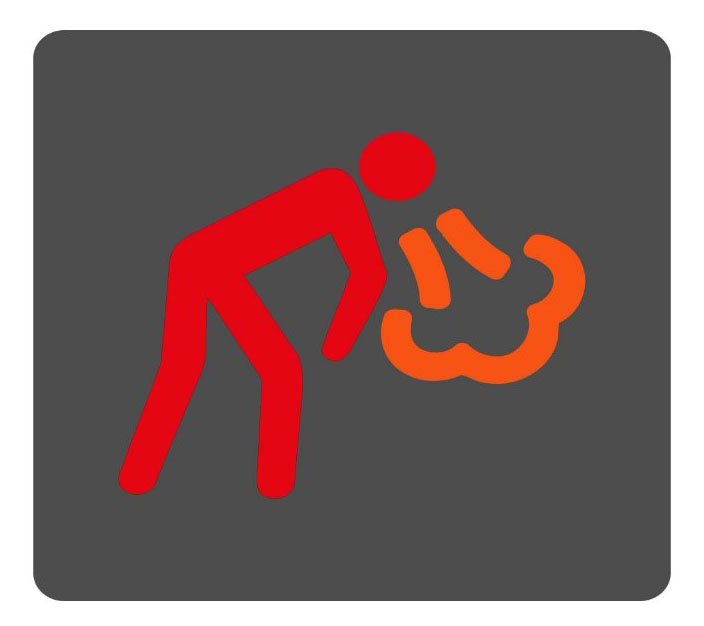

Standard Precautions in the Ambulatory Care Setting: Safe Cough Practices
Standard Precautions in the Ambulatory Care Setting: Safe Cough Practices
How do you approach a patient with a cough? Learn how you can prevent the spread of respiratory infections.



Enroll
Course Information
- Audience: Designed for ambulatory care settings, such as primary care clinics and doctor's offices. Intended audiences are administrative and clerical staff; non-licensed clinical staff; non- clinical staff; facilities staff and volunteers
- Format: Self-paced
- Price: Free
- Length: 20 Minutes
- Credential(s) eligible for contact hours: Sponsored by New England Public Health Training Center (NEPHTC), a designated provider of continuing education contact hours (CECH) in health education by the National Commission for Health Education Credentialing, Inc. This program is designated for Certified Health Education Specialists (CHES) and/or Master Certified Health Education Specialists (MCHES) to receive up to 1 total Category I continuing education contact hours. Maximum advanced-level continuing education contact hours are 1. Provider ID: 1131137 Event ID: SS1131137_BIPSCP If you are not seeking CHES/MCHES contact hours, if you complete the evaluation, you will receive a Certificate of Completion. The Certificate will include the length of the course.
- Competencies: Public Health Sciences Skills
- Learning Level: Awareness
-
Companion Trainings
- Foundations of Infection Prevention in the Ambulatory Care Setting
- Standard Precautions in the Ambulatory Care Setting: The Basics of Hand Hygiene
- Standard Precautions in the Ambulatory Care Setting: Personal Protective Equipment and Safe Surfaces
- Transmission-Based Precautions in the Ambulatory Care Setting
- Supplemental materials: None
- Supplemental materials: None
- Pre-requisites: None
About this course
After a quick review of Standard Precautions, this course provides an overview of how to prevent respiratory infection transmission. The course may be taken in more than one sitting.
What you'll learn
After completing this course, you will be able to...
- Recall two types of respiratory infection transmission
- Recognize the correct approach to patient with a cough
- Recognize patient symptoms that require additional infection control actions
Subject Matter Expert
-

David B. Banach
MD, MPHAssistant Professor of Medicine
Head of Infection Prevention
and Hospital Epidemiologist
UConn Health
Enrollment and Contact Hours
The Certificate of Completion will include the length of the module. Generally 50 – 60 minutes is equivalent to 1 contact hour. Contact hours may be applicable towards continuing education requirements for certain credentials. Check with your credentialing body to verify if the topic meets its continuing education requirements.
Having trouble accessing the course? Contact support@nephtc.org

Standard Precautions in the Ambulatory Care Setting: The Basics of Hand Hygiene
What is hand hygiene and why is it fundamental to preventing the spread of infections? Learn about when and how to perform hand hygiene to protect yourself, your patients and your co-workers from infection.



Enroll
Course Information
- Audience: Designed for ambulatory care settings, such as primary care clinics and doctor's offices. Intended audiences are administrative and clerical staff; non-licensed clinical staff; non- clinical staff; facilities staff and volunteers
- Format: Self-paced
- Price: Free
- Length: 25 Minutes
- Credential(s) eligible for contact hours: Sponsored by New England Public Health Training Center (NEPHTC), a designated provider of continuing education contact hours (CECH) in health education by the National Commission for Health Education Credentialing, Inc. This program is designated for Certified Health Education Specialists (CHES) and/or Master Certified Health Education Specialists (MCHES) to receive up to 1 total Category I continuing education contact hours. Maximum advanced-level continuing education contact hours are 1. Provider ID: 1131137 Event ID: SS1131137_BIPHH.
If you are not seeking CHES/MCHES contact hours, if you complete the evaluation, you will receive a Certificate of Completion. The Certificate will include the length of the course. - Competencies: Public Health Sciences Skills
- Learning Level: Awareness
-
Companion Trainings:
- Foundations of Infection Prevention in the Ambulatory Care Setting
- Standard Precautions in the Ambulatory Care Setting: Safe Cough Practices
- Standard Precautions in the Ambulatory Care Setting: Personal Protective Equipment and Safe Surfaces
- Transmission-Based Precautions in the Ambulatory Care Setting
- Supplemental materials: None
- Pre-requisites: None
About this course
This course provides an overview of standard precautions, the practice of hand hygiene and the role of healthcare staff in preventing the spread of infections to themselves, colleagues and patients. The course may be taken in more than one sitting.
What you'll learn
After completing this course, you will be able to...
- Define Standard Precautions
- List at least two reasons whyhand hygiene is important to infection prevention
- Recall when hand hygiene should be performed
- Recall how long hands should be rubbed when using long soap
- Recall two advantages of using alcohol- based rubs
Subject Matter Expert
-

Louise-Marie Dembry
MD, FACP, MS, MBAProfessor of Medicine
(Infectious Diseases)
and of Epidemiology
(Microbial Diseases);
Director, Hospital Epidemiology
VA CT Healthcare System
Enrollment and Contact Hours
The Certificate of Completion will include the length of the module. Generally 50 – 60 minutes is equivalent to 1 contact hour. Contact hours may be applicable towards continuing education requirements for certain credentials. Check with your credentialing body to verify if the topic meets its continuing education requirements.
Having trouble accessing the course? Contact support@nephtc.org

Transmission-Based Precautions in the Ambulatory Care Setting
What actions should you take with a patient who may have a serious infectious disease? Learn about Transmission-Based Precautions, practical steps that protect you, your patients and your co-workers from infection.



Enroll
Course Information
- Audience: Designed for ambulatory care settings, such as primary care clinics and doctor's offices. Intended audiences are administrative and clerical staff; non-licensed clinical staff; non- clinical staff; facilities staff and volunteers
- Format: Self-paced
- Price: Free
- Length: 25 Minutes credentials):
- Credential(s) eligible for contact hours: Sponsored by New England Public Health Training Center (NEPHTC), a designated provider of continuing education contact hours (CECH) in health education by the National Commission for Health Education Credentialing, Inc. This program is designated for Certified Health Education Specialists (CHES) and/or Master Certified Health Education Specialists (MCHES) to receive up to 1 total Category I continuing education contact hours. Maximum advanced-level continuing education contact hours are 1. Provider ID: 1131137 Event ID: SS1131137_BIPTBP If you are not seeking CHES/MCHES contact hours, if you complete the evaluation, you will receive a Certificate of Completion. The Certificate will include the length of the course.
- Competencies: Public Health Sciences Skills
- Learning Level: Awareness
-
Companion Trainings
- Foundations of Infection Prevention in the Ambulatory Care Setting
- Standard Precautions in the Ambulatory Care Setting: The Basics of Hand Hygiene
- Standard Precautions in the Ambulatory Care Setting: Safe Cough Practices
- Standard Precautions in the Ambulatory Care Setting: Personal Protective Equipment and Safe Surfaces
- Supplemental materials: None
- Pre-requisites: None
About this course
This self-study course introduces learners to Transmission-Based Precautions. This course provides an overview of why and when Transmission-Based Precautions should be used, along with examples of how these precautions can be applied in the ambulatory care setting. The course may be taken in more than one sitting.
What you'll learn
After completing this course, you will be able to...
- Define Transmission-Based Precautions
- Recall the three categories of Transmission-Based Precautions
- Describe the unique features of each category of Transmission-Based Precautions
- Recognize when to use each category of Transmission-Based Precautions
- Recognize when to combine Transmission-Based Precautions
Subject Matter Expert
-

Louise-Marie Dembry
MD, FACP, MS, MBAProfessor of Medicine
(Infectious Diseases)
and of Epidemiology
(Microbial Diseases);
Director, Hospital Epidemiology
VA CT Healthcare System
Enrollment and Contact Hours
The Certificate of Completion will include the length of the module. Generally 50 – 60 minutes is equivalent to 1 contact hour. Contact hours may be applicable towards continuing education requirements for certain credentials. Check with your credentialing body to verify if the topic meets its continuing education requirements.
Having trouble accessing the course? Contact support@nephtc.org
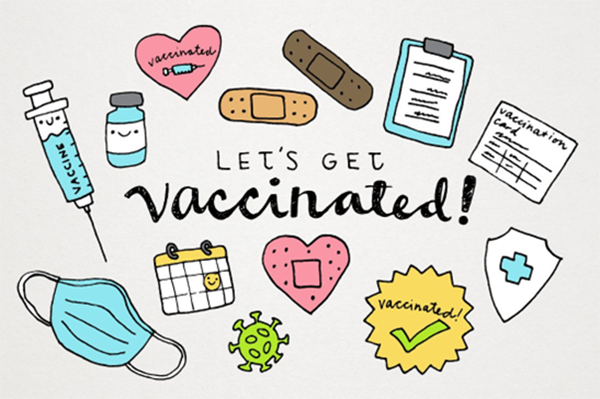
Vaccine Management & Immunizations, Vaccine for Children (VFC) Program and the Do’s & Don’ts of Vaccine Clinics
- What’s my role as a PHN with routine vaccinations? How does this differ during an outbreak/pandemic?
- How can my municipality vaccinate those in need who can’t come to a public vaccination site?
- Where can I get more information on vaccine availability to order through the state, and where can I get more information on where to get vaccines to order privately?
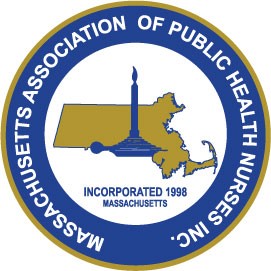
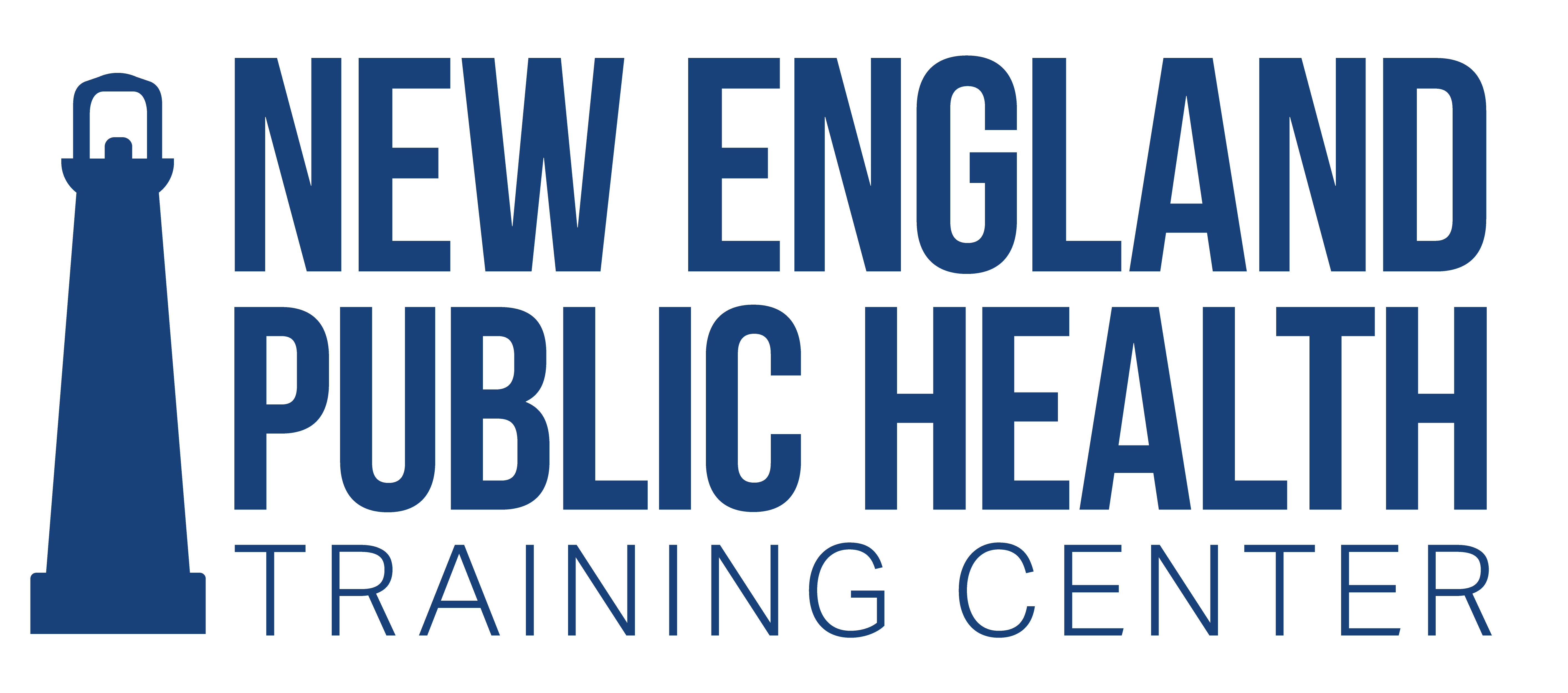
Register
Course Information
- Audience: Public Health Nurses, School Nurses, Occupational Health Nurses, Community Health Nurses, Health Directors, Health Inspectors, Medical Reserve Corps volunteers (Medical and Non-Medical)
- Format: Self-Paced
- Price: Free
- Length: 60 minutes
- Credential(s) eligible for contact hours: Sponsored by New England Public Health Training Center (NEPHTC), a designated provider of continuing education contact hours (CECH) in health education by the National Commission for Health Education Credentialing, Inc.
This program is designated for Certified Health Education Specialists (CHES) and/or Master Certified Health Education Specialists (MCHES) to receive up to (credit hours) total Category I continuing education contact hour. Maximum advanced-level continuing education contact hour is 1. Provider ID: 1131137 Event ID: TBA.
If you are not seeking a CHES/MCHES contact hours, if you complete the evaluations, you will receive a Certificate of Completion. The Certificate will include the length of the course. - Competencies: Public Health Sciences Skills
- Learning Level: Performance
- Companion Trainings: None
- Pre-requisites: None
- Technical Requirements: This training was created with Articulate Rise. Please refer to the Articulate 360 System Specifications to ensure your system meets the minimum requirements for viewing.
About this Webinar
Public Health Nurses in Massachusetts have a vast and varied accounting of job responsibilities, position descriptions and dedicated hours for PHN services. This self-paced training will provide an introduction into the three areas of concentration for PHNs in MA: Infectious Disease, Immunizations and Emergency Preparedness with resources clearly identified through membership in the Massachusetts Association of Public Health Nurses; the only state recognized Public Health Nursing Organization.
What you'll learn
At the end of this module, participants will be able to:
- Identify the required vaccines for different age groups and where the latest immunization schedule can be located
- Describe the VFC program and state supplied immunizations and the requirements to use them
- Identify the steps and process of a vaccination clinic
- Identify community partners who can assist the PHN with vaccine clinics now and in the future.
Subject Matter Experts

Angela Kramer
MS, RN
Sara Harris
MS, RN
Angela Kramer is a Public Health Nurse for the Town of Ludlow, MA. Angela currently is the Western Mass MAPHN Chapter Secretary/Treasurer and the MAPHN Treasurer. Angela has been working as a Public Health for 11 years in the town of Ludlow, doing home visits, including Foot and Nail Care for the elderly and running Vaccine Clinics. Angela is also a member of APHA and MHOA. Angela has served on several local and Public Health committees within MAPHN and other rganizations. Angela presented a poster at the 2022 MAPHN Conference “Keeping Our Community Safe During the COVID-19 Pandemic.” Angela has participated in the local Operation Stand Down in 2019 providing foot care for the Veteran’s. Angela is currently an Ambassador for the Boys and Girls Club in Ludlow and works with the CEO providing assistance and trainings as needed. She is currently offering a Tai Chi Chan Class for Balance and Safety and will be participating in a series with the Senior Center in April, 2023. Angela is currently the Vaccine Coordinator for the town and participates in the DPH VFC Program.
Sara Harris has been a registered nurse for over 12 years and has experience in school nursing, homecare nursing for medically fragile patients and for the last half of her career, Public Health Nursing. She has worked in thriving cities like Somerville as the Public Health Nurse Manager and Medford as the COVID19 Rapid Response Nurse / Supervising Public Health Nurse. She is currently the Deputy Chief of Public Health Nursing for the city of Worcester. Sara completed her BSN from Endicott College in 2010 and MSN in Global Health Nursing from Endicott in 2020. She is on the Cummings Foundation Advisory Board at Endicott College where she advocates for the addition of public health and community health nursing internships and curriculum across the programs. Sara has been a clinical instructor for nursing students for the last 5 years from schools including Endicott College, Northeastern University, MA College of Pharmacy and Health Science, Regis College, and many more. She is the current Vice President of the Massachusetts Association of Public health Nurses (MAPHN) and has served as the Secretary of the Northeast Chapter of the MAPHN.
Registration
Select the Enroll Me button below to register for this recording. If you have any trouble accessing the recording, contact support@nephtc.org.
Acknowledgement: This project is supported by the Health Resources and Services Administration (HRSA) of the U.S. Department of Health and Human Services (HHS) as part of award 2 UB6HP31685‐05‐00 “Public Health Training Centers.” The contents are those of the author(s) and do not necessarily represent the official views of, nor an endorsement, by HRSA, HHS or the U.S. Government.









